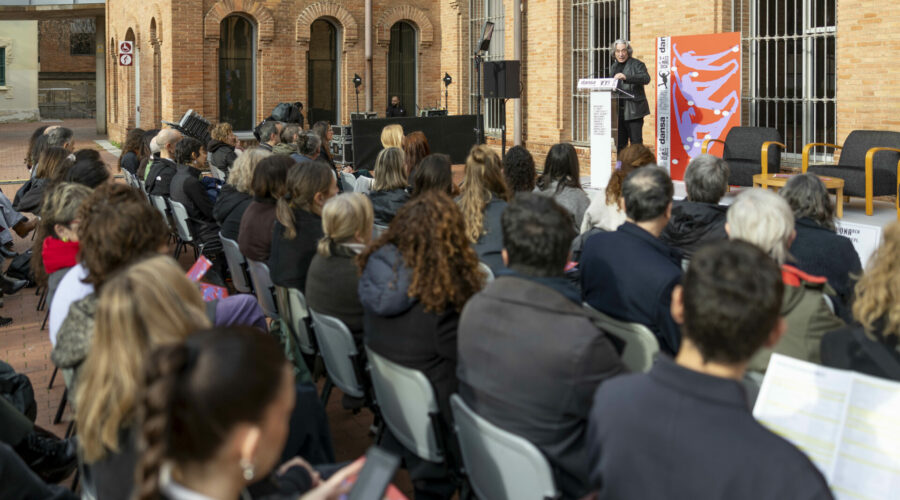
In an effort to bridge the digital divide and ensure access to education worldwide, Unicef and the International Telecommunication Union (ITU) have joined forces in an ambitious initiative known as Project Giga.
From its base in the former Poblenou factory of Ca l’Alier in Barcelona, this global project works tirelessly to bring Internet connectivity to every corner of the planet, especially to those disadvantaged communities that lack access to this vital technology.
With the goal of connecting every school in the world to the Internet by 2030, Giga has been in operation since 2019, collaborating with governments, organizations and private companies to achieve this monumental goal.
To date, they have improved connectivity in more than 13,400 schools in 34 countries, benefiting more than 6.7 million students.
The Giga Project to connect schools to the Internet
Giga’s work focuses on identifying and connecting schools in remote and rural areas, where access to technology is often limited or non-existent.
Through a combination of technologies and solutions tailored to local needs, they are working to bridge the digital divide and provide equitable educational opportunities to all children, regardless of their geographic location.
The process of connecting a school to the Internet can cost between $10,000 and $15,000, depending on the technology needed and the available infrastructure. To finance these initiatives, Giga relies on the support of both the private sector and public administrations, including the Barcelona City Council, the Generalitat and the Government.
Once a school is connected, Unicef and local governments step in to provide devices, training and educational content. This ensures that Internet connectivity is not only an available resource, but is also used effectively to improve the quality of education and learning.
The role of Giga Barcelona’s technology center
Giga’s technology center in Barcelona plays a crucial role in the development of innovative technological solutions for the project.
With plans to expand its team and collaborate with local universities and companies, the center aspires to become a center of excellence in technological innovation, not only for Giga, but also for Barcelona’s technology ecosystem as a whole.
In addition to developing technological tools and solutions, the center is also involved in global school mapping, using artificial intelligence to collect and analyze data on school connectivity in real time. This provides invaluable insight into the progress of the initiative and helps identify areas where more support is needed.
Ultimately, Giga’s goal is to provide Internet access to every school in the world, regardless of location or circumstances.



